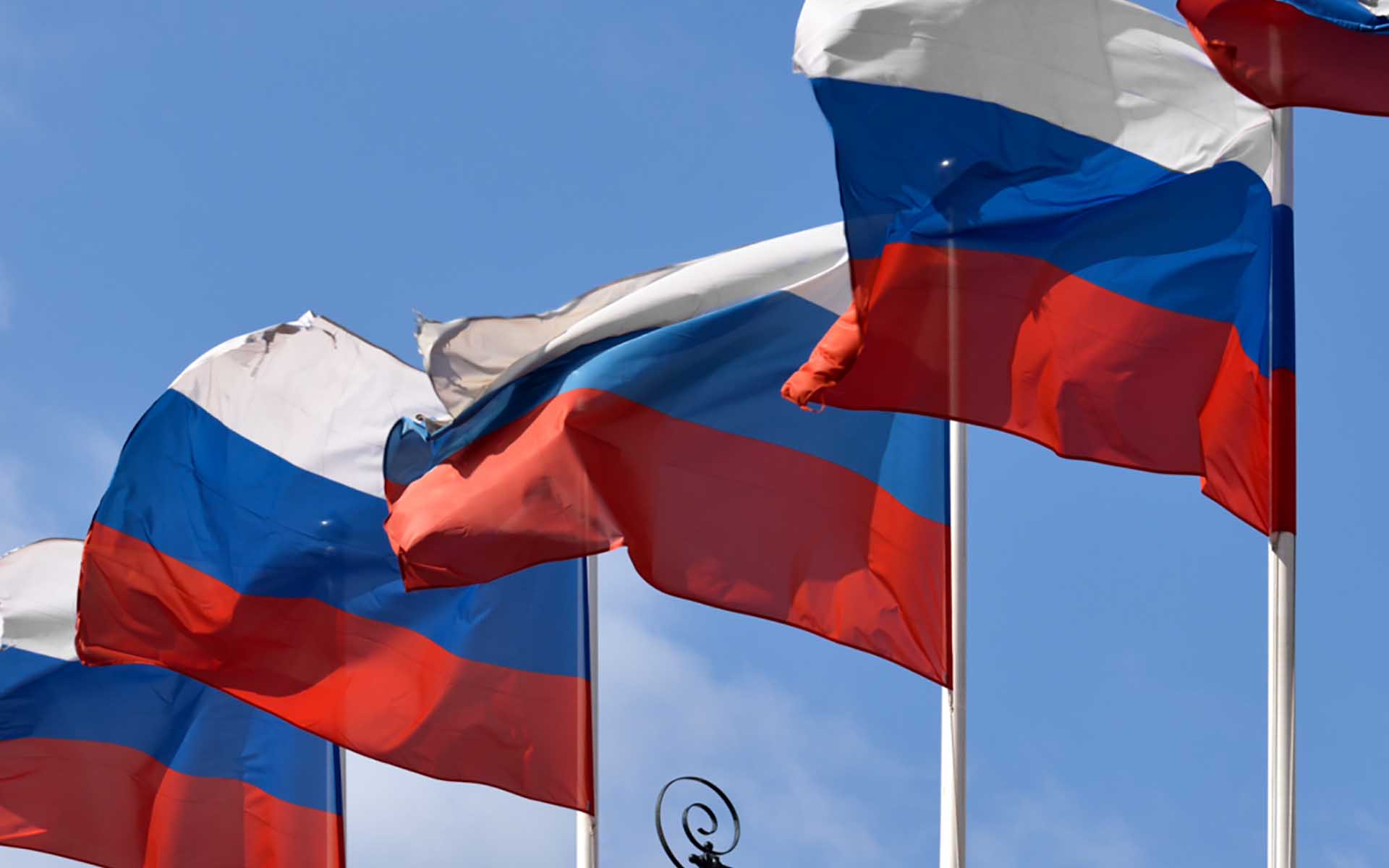Russia’s State Duma Committee on State Construction is to support the first reading of a regulatory proposition which is to incorporate the fundamental rules for the digital economy in the country’s Civil Code. At the same time, a leading Russian bank issues the first commercial bonds carried out via Blockchain-based technology.
Russia is making serious efforts towards dominating the booming industry of blockchain technology, claiming that it will eventually belong to them. In April of this year, the country’s Ministry of Telecom and Mass Communications unveiled regulations framing the conduct of Initial Coin Offerings (ICOs). To further attest its serious intentions, the government even demanded major revisions to some previously proposed cryptocurrency laws.
And now, Russian media outlet Izvestia reports that the country is poised to take the next step towards regulating cryptocurrency.

Laws with Merit
The merit behind the laws which are expected to pass is more than familiar. Pavel Krasheninnikov, Head of the State Construction Committee said to Izvestia that through the intended legislative implementations:
We eliminate the existing risks of using digital objects in order to withdraw assets into an uncontrolled digital environment – for example, to legalize the proceeds of crime, or to withdraw from foreclosure during bankruptcy, or to finance terrorism.
Going further, the explanatory note to the draft law explains that parties involved in cryptocurrency transactions might not be protected due to their unregulated nature. The same can be said for third derivative parties which might be directly affected – such as heirs or creditors, for instance.
Not Yet Legal
Despite the upcoming legislative implementations, cryptocurrency won’t yet become legal means of payment. This is to come at a later point and “in controlled quantities”. The country’s Central Bank, Ministry of Economic Development, and its Ministry of Finance are vested with the responsibility to establish the conditions under which this will happen.
An important point is made by Yelena Tsaturyan, KSC group’s leading legal counsel, who points out that ‘the introduction of digital money into civil circulation must be carried out consistently, without haste.’
Also, a certain controversy comes to light where bitcoin and other cryptocurrencies are not yet officially recognized by the country but incomes from operations carried out with them are still subjected to taxation.

First Commercial Bonds Transaction via Blockchain is Now in History
Speaking of transactions, Sberbank CIB, a corporate multinational investment banking as well as asset management company in Moscow, subsidiary of State-owned Sberbank, has carried out the first commercial bonds transaction using blockchain-based technology.
The firm has effectively placed commercial rouble-denominated bonds taking advantage of smart contracts based on the Hyperledger Fabric 1.1 blockchain platform.
The placement of the bonds, as well as their circulation and record keeping, is particularly transparent thanks to the implemented technology. Each one of the participants can keep proper track of the status of the transaction. Yet, confidentiality has been extended over the work with accounts to comply with the currently existing Russian legislation.
Do you think Russia is making moves towards the right direction, attempting to put cryptocurrencies within a certain regulatory framework? Please let us know in the comments below!
Images courtesy of AdobeStock, Shutterstock










